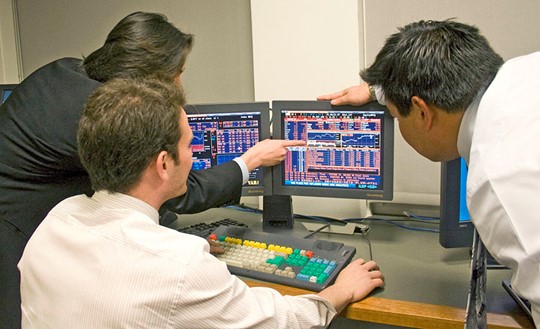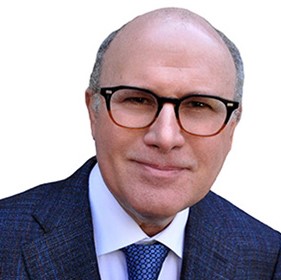Last week, Republican leaders could not convince their own members to vote to kill Obamacare.
So they gave up and moved on.
For investors, that should be good news. Healthcare, with its requisite sad stories, was never more than a lurid distraction. Obamacare has been a boon for drug makers, insurers and hospital chains since it was passed in 2010, as it increased their customer pool many fold. Stocks in the sector were rising the past four months due to expectations that the repeal effort would fail.
Tax reform, in contrast, is the true engine of the Trump rally, and now the president needs a win. There‘s just one small roadblock. Real reform is not going to be easy.
Mark Hamrick, senior economic analyst at Bankrate.com, recently told Business Insider
“tax reform is every bit as complicated as healthcare.“ Adding the president‘s quixotic mix of populism and complex border adjustment taxes — and the likely opposition of deficit hawks in the House Freedom Caucus — will only make its execution more difficult.

Furthermore, it will color how investors see the Trump rally. Ace trader Jesse Livermore, immortalized in the 1923 classic Reminiscences of a Stock Operator, mastered the psychology of markets. He knew that trickery and false narratives were commonplace. Understanding the defining factors was key.
The underlying premise of the Trump rally was that the fastest way to ensure U.S. greatness is to win at trade relationships. Investors bought into the theory that sharp reductions in corporate tax rates and a tariff on imported goods would give U.S. companies competitive advantages that will lead to new investment and foster growth.
Yet it‘s not really that simple, is it? Analysts at the boutique research firm TIS Group observed in a report late last week that seemingly simple solutions often bring unintended consequences.
For example, the analysts note that globalization is based on the idea that America is a net consumer of goods, not a producer. U.S. economic leaders have favored lower prices over higher wages.
Globalism has fortunately lifted millions of people around the globe out of poverty. Yet this has come at the expense of middle class workers in developed countries. Populism is rising in every corner of the West because these people are rising up after feeling displaced.
Trump, at least on the campaign trail, said he wanted to completely upend globalism.
He wanted more factory jobs, higher wages and was implicitly willing to accept higher prices to get them.
The goal may be noble on some level, but politically it is a problem. As Trump quickly discovered during the Obamacare fight, the Republican party is far from a monolith.
Moderates, centrists and hard-liners are all fighting for the direction of the party. Very few are populists. In fact, before Trump, free-trading globalism was an essential plank of the GOP platform.
Those beliefs forged strong ties with most of corporate America, right-wing think tanks and the lobbyists who have been making Washington work for the past 30 years. Sandy Kennedy, president of Retail Industry Leaders Assn., a group that includes Target (TGT) and Best Buy (BBY), claimed a new border tax would lift prices by “as much as 20% for family essentials.”
You can see where that narrative leads. More sad stories. More opposition from industry groups.
And more low public approval ratings.
Combine that with the purely technical trouble that tax reform faces in Congress due to federal budget rules, and it is already looking like a tough battle.
Livermore‘s work was all about understanding how policy and sentiment seep into stock prices.
To develop a tradeable angle to attack, he mixed known unknowns with his intuition.
Up to this point, markets were betting that Obamacare repeal, tax reform and a big infrastructure spend were all equally easy and on the fast track. Therefore, price/earnings multiples rose to reflect the confidence. But now, new uncertainty needs to be priced in, and earnings multiples re-rated.
These kinds of emotional and political cycles are the bread and butter of the insights that Livermore traded. He would have been way ahead of the game in this case, confidently short stocks puffed up too much in the greed half of the cycle, that consequently have the most to lose in the fear half of the cycle.
Best wishes,
Jon Markman

